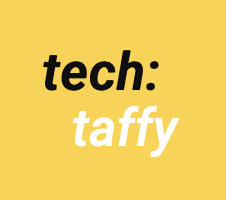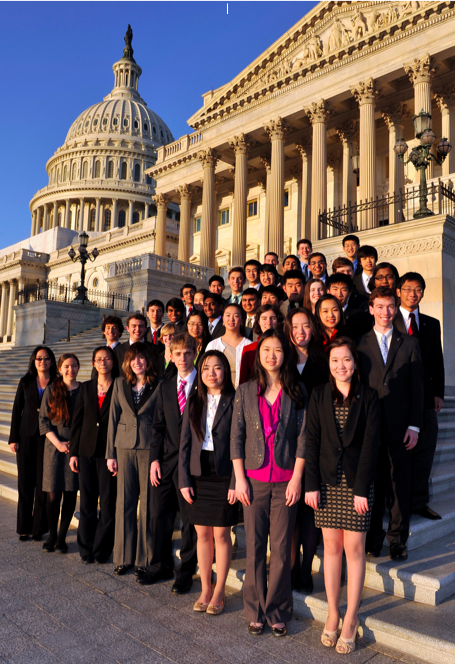[Techtaffy Newsdesk]
Intel Corporation and Society for Science & the Public (SSP) have announced the winners of the Intel Science Talent Search. Nithin Tumma, 17, of Fort Gratiot, Mich., won the top award of $100,000 from the Intel Foundation for his research, which could lead to more direct, targeted, effective and less toxic breast cancer treatments. He analyzed the molecular mechanisms in cancer cells and found that by inhibiting certain proteins, we may be able to slow the growth of cancer cells and decrease their malignancy.
Second place honors and $75,000 went to Andrey Sushko, 17, of Richland, Wash., for his development of a tiny motor, only 7 mm (almost 1/4 inch) in diameter, which uses the surface tension of water to turn its shaft.
Third place honors and $50,000 went to Mimi Yen, 17, of Brooklyn, N.Y., for her study of evolution and genetics, which focuses on microscopic worms, specifically looking at their sex habits and hermaphrodite tendencies. Mimi believes that through research such as hers, we may better understand the genes that contribute to behavioral variations in humans.
These finalists join the ranks of other Science Talent Search alumni who over the past 70 years have gone on to win seven Nobel Prizes, two Fields Medals, four National Medals of Science, 11 MacArthur Foundation Fellowships and even an Academy Award for Best Actress.
Paul Otellini (President and CEO, Intel): Hands-on experience with math and science, such as that required of Intel Science Talent Search finalists, encourages young people to think critically, solve problems and understand the world around them.
Rather than simply memorizing facts and formulas, or repeating experiments with known outcomes, this competition engages students in an exciting way and provides a deeper level of understanding in such important but challenging subjects.
Other top honors from the competition include:
Fourth Place: Fengning (David) Ding of Albany, Calif. received a $40,000 award for his work on representation theory of Cherednik algebras, a topic in theoretical mathematics that sheds light on deformations of important symmetries, which are related to conservation laws.
Fifth Place: Benjamin van Doren of White Plains, N.Y. received a $30,000 award for investigating a poorly understood behavior of nocturnal migratory birds, called morning flight, which has potential implications for the growing wind power industry.
Sixth Place: Neel Patel of Geneva, Fla. received a $25,000 award for studying how non-speech patterns of sounds – called sonifications – can convey information, which could lead to a computer-user interface as revolutionary as the graphical interface was 30 years ago.
Seventh Place: Anirudh Prabhu of West Lafayette, Ind. received a $25,000 award for his investigation of the odd perfect number problem, and his suggestion that odd perfect numbers do not exist.
Eighth Place: Clara Fannjiang of Davis, Calif. received a $20,000 award for developing enhanced radio telescope data collection methods, which may help astronomers see farther into the universe, and generate clearer images and save processing time.
Ninth Place: Alissa Zhang of Saratoga, Calif. received a $20,000 award for her approaches to monitoring glucose levels in diabetic patients, which may allow for measuring glucose levels in bodily fluids, such as tears, as opposed to blood.
Tenth Place: Jordan Cotler of Northbrook, Ill. received a $20,000 award for inventing a cryptography protocol that permits the detection of eavesdroppers.
This year’s finalists hail from 16 states and represent 39 schools. Of the 1,839 high school seniors who entered the Intel Science Talent Search 2012, 300 were announced as semifinalists in January. Of those, 40 were chosen as finalists and invited to Washington, D.C., to compete for the top 10 awards.
In total, the Intel Foundation awarded $1.25 million for the Intel Science Talent Search 2012.
Society for Science & the Public, a nonprofit membership organization dedicated to public engagement in scientific research and education, has owned and administered the Science Talent Search since its inception in 1942.
[Image Courtesy: Intel]


